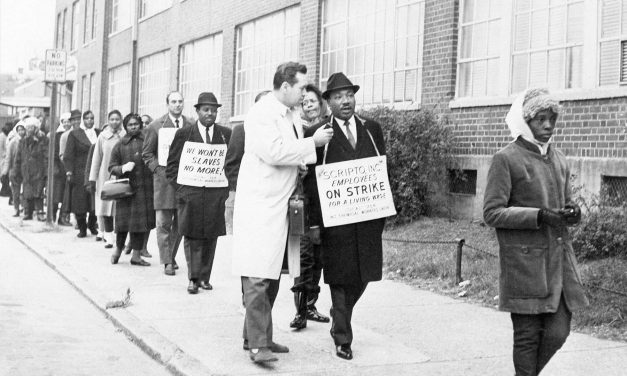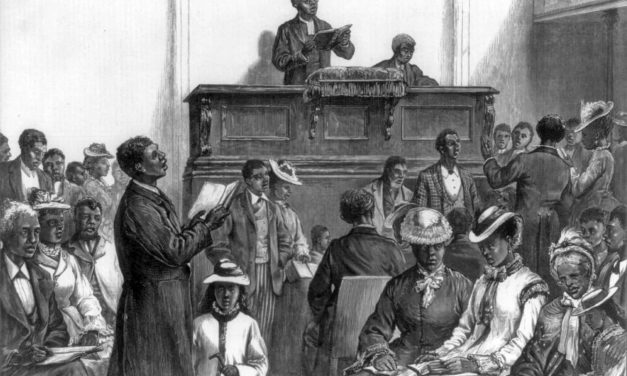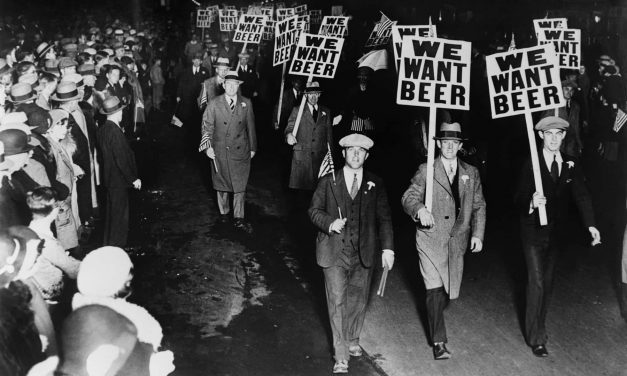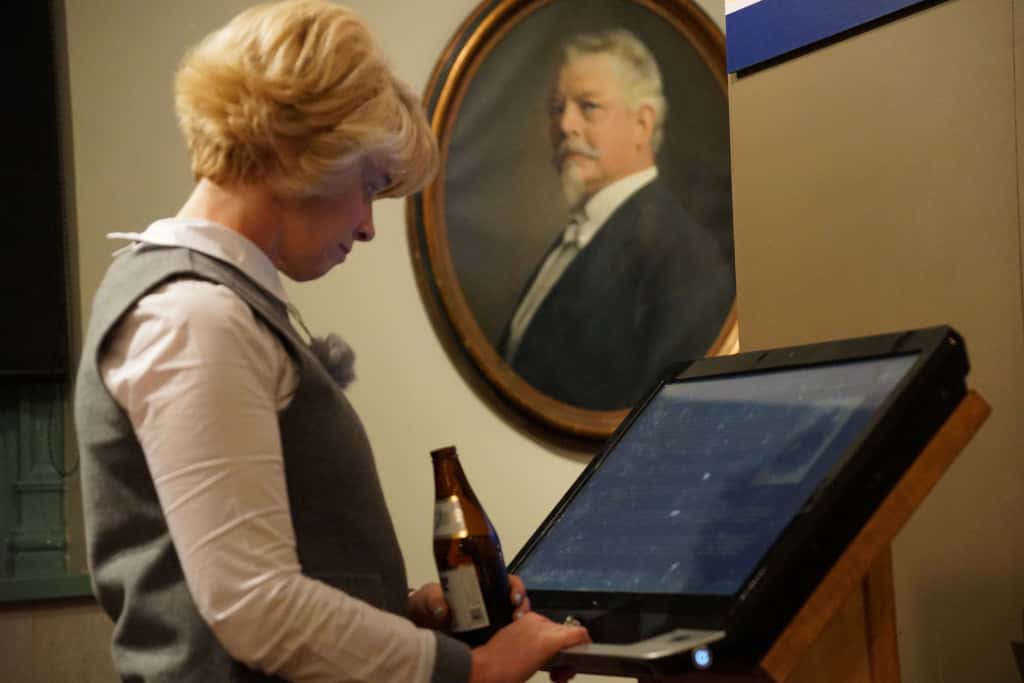A Union Man: Dr. Martin Luther King Jr. saw organized labor as a cure for pervasive discrimination
By Peter Cole, Professor of History, Western Illinois University If Martin Luther King Jr. still lived, he would probably tell people to join unions. King understood racial equality was inextricably linked to economics. He asked, “What good does it do to be able to eat at a lunch counter if you can’t buy a hamburger?” Those disadvantages have persisted. Today, for instance, the wealth of the average white family is more than 20 times that of a black one. King’s solution was unionism. Convergence of needs In 1961, King spoke before the AFL-CIO, the nation’s largest and most powerful...
Read More














